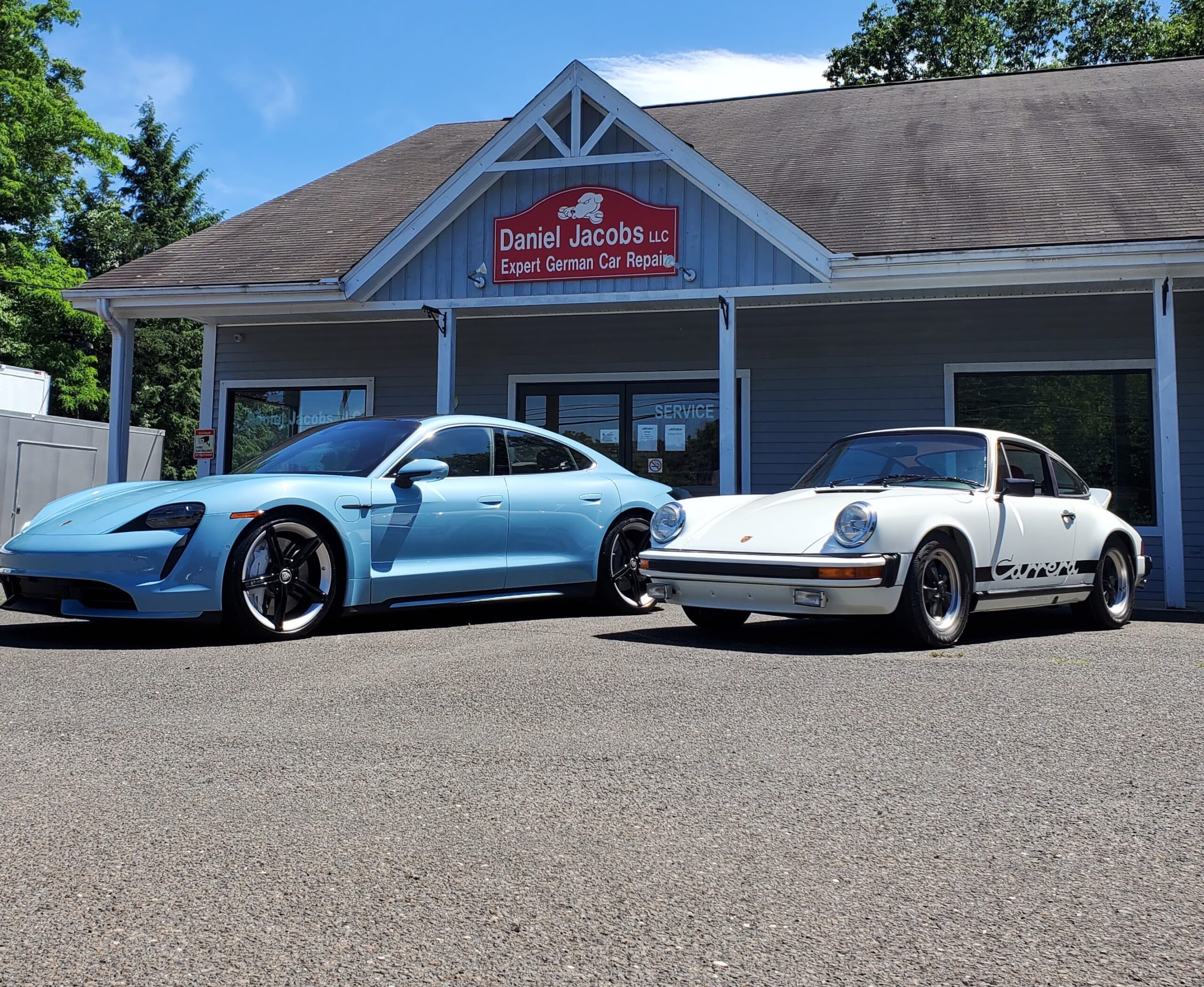If you hear squeaking or grinding noises when braking, or if your vehicle pulls to one side, it’s time to check your brake pads. Regular inspection and replacement are crucial for safety and performance, especially in Southbury’s unique driving conditions.
At-Home Checks for Brake Pads
- Visual Inspection: Look at the brake pads through the wheel spokes. If they are less than 3mm thick, they need replacement.
- Brake Performance Test: Perform a test drive. If the brakes feel spongy or require more force to engage, schedule a check-up.
- Listen for Noise: Pay attention to any squeaking or grinding sounds when braking. These are indicators that the pads need immediate attention.
- Check for Vibration: If you feel vibrations in the brake pedal, this may indicate uneven wear or damage to the brake pads.
If/Then Decision Path
If you notice any of the above symptoms, take action within 48 hours:
- If brake pads are worn (<3mm), replace them immediately.
- If you hear grinding, inspect rotors for damage; replace if necessary.
- If brake fluid is low, top it off and check for leaks.
Local Factors Impacting Brake Performance
Southbury’s winter conditions, including road salt usage and freeze-thaw cycles, can accelerate brake wear. Regular inspections are essential to mitigate these effects. Drive carefully on Main St S and near Kettletown Rd, where potholes can further impact braking systems.
Seen at Our Shop
Recently, we serviced a Volkswagen that had worn brake pads and a damaged rotor. We replaced the pads and resurfaced the rotor, ensuring the vehicle could safely navigate local roads.
Book Now If…
- Your brake pads are less than 3mm thick.
- You hear unusual noises when braking.
- You experience a spongy brake pedal or vibrations.
- Your vehicle pulls to one side when braking.
Related Services
For comprehensive vehicle care, consider our services on alignment, suspension, brakes, and battery charging.
FAQ
How often should I replace my Volkswagen brake pads?
Typically, brake pads need replacement every 30,000 to 70,000 miles, depending on driving habits and conditions.
What are the signs of worn brake pads?
Signs include squeaking, grinding noises, vibrations, and reduced braking performance.
Can I replace brake pads myself?
While it’s possible, we recommend professional service for safety and to ensure proper installation.
What is the cost of brake pad replacement?
The average labor cost for brake pad replacement is around $120 per hour, plus the cost of parts.
How do local conditions affect brake wear?
Harsh winters and road salt can accelerate corrosion and wear on brake components, necessitating more frequent inspections.
